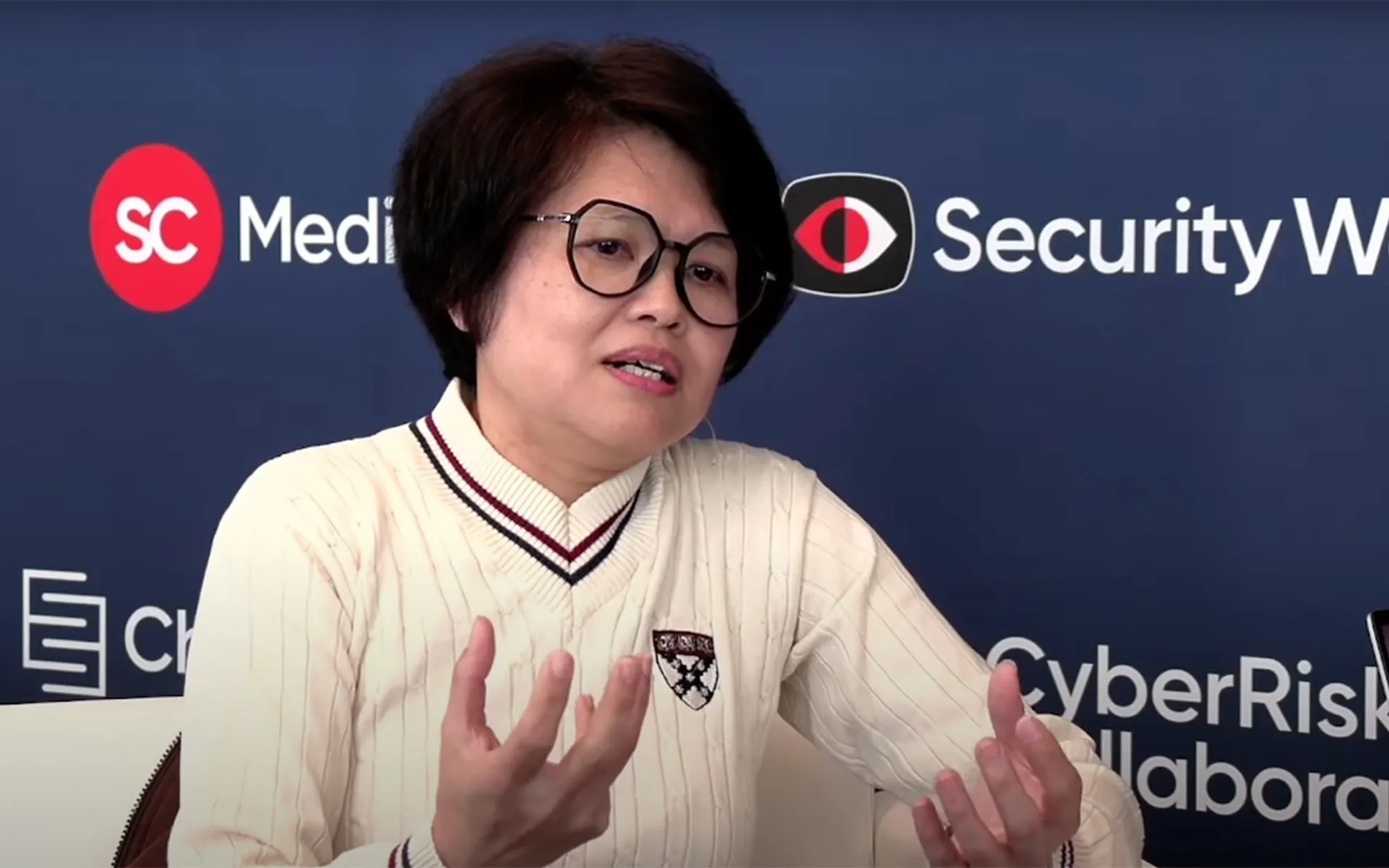The mobile, wireless world in which we now live has created a shift in the focus of venture capital investments in security technology. Today's investors tend to target technology that directly protects people and information, a marked change from a few years ago when the focus was the protection of corporate computer systems as a whole.
The widespread use of laptop computers, cell phones with text messaging, and the growth in wireless networks in cities worldwide require unique security solutions, which are receiving increased backing from the venture capital industry. Within the past two years, the deal value of merger and acquisitions involving firms providing security solutions increased by $1 billion, growing from $1.6 billion to $2.6 billion. At the same time, most major venture capital firms include security investments in their portfolios. These investments are signaling new trends in security likely to grow in importance over the next five years.
The areas of venture capital investment taking center stage in today's mobile environment include: identity management, data governance, privacy safeguards and encryption technology. All these areas help protect and monitor information independent of where it is stored, or how it is used.
In the past, venture capitalists focused on technologies to protect computer systems from malicious intrusions and secure e-mail and instant messages from criminal activity. However, firewalls and gateways, anti-virus and anti-spam software aren't sufficient to handle security for mobile devices, or to protect sensitive information accessed by suppliers or vendors.
Technology that can be applied to the area of information management known as data governance is gaining increased attention from investors. Data governance provides oversight regarding who has access to data and when data is used.
Regulated industries, such as banking, financial services and healthcare must meet specific legal requirements for securing their customer data and for monitoring access to the information. Hospitals are required to protect the privacy of patient information while still making medical records available to doctors and patients online. Banks need to safeguard against fraud. Major financial institutions worldwide are customers of Actimize, founded in Israel, which provides real-time anti-fraud and anti-money laundering software.
A major new area of investment is software that can track who has access to data, or is authorized to alter it, as well as monitor on-going activities relating to the data's use. Venture capital-backed companies, such as Imperva, of Foster City, Calif. and Ohio-based Axentis offer technologies that help customers manage risk and comply with regulations by protecting data, not just systems, against insider abuse and external theft.
Keeping information secure in a mobile, wireless world, where cell phones are used to pay bills, and smartcards are used for admission to public transit and sporting events, requires protecting data as it is being transmitted. InsideContactless, headquartered in France, creates integrated circuits, known as chipsets, which provide short-range secure communication for mobile devices and applications. Venture capital investors see the chipset as a core component in protecting information through access control and electronic identification.
To venture capitalists, encryption is another promising area for improving IT security. Voltage Security, of Palo Alto, Calif., applies identity-based encryption, which was developed at Stanford University to be highly secure but easy to implement, to maintain the privacy of communications flowing in and out of a company, including e-mail, documents and instant messages.
Over the next five years, investments are likely to increase in technologies at the intersection of physical and IT security. One example is the proliferation of surveillance cameras being used in ever-larger numbers at airports, in high-crime areas of cities, and high-accident areas on streets and highways. The privacy issues these cameras raise and the need to analyze massive volumes of digital data requiring highly specialized information management technology are driving increased investment.
For video to be used to determine the level of a threat, for example, the volumes of streaming digital images need to be automatically transferred from the cameras to a computer system for analysis. In addition, privacy laws differ from city to city, and country to country, so software is needed to set policy standards that can be customized for specific locations. SteelBox Networks Inc., of Atlanta, Ga., has developed a networked approach able to handle high-volume, high-bandwidth video from hundreds of digital cameras.
To keep our mobile, interconnected environment safe, while maintaining the ability to access information quickly and easily, we will continue to need robust security technology. The venture capital industry is putting its investment dollars to work to help ensure the availability of that technology now and in the future.
Deborah Magid is director of software strategy for IBM's Venture Capital Group. She is also a member of the board of SDForum, the Silicon Valley emerging technology group.



